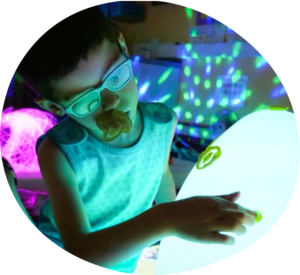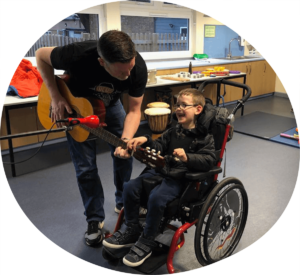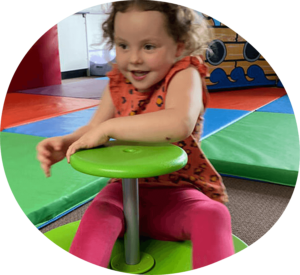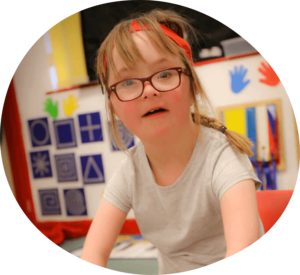Ideas to Manage Complex Feeding Difficulties
Watch our Zoom Webinar with Specialist Speech and Language Therapist Natalie Morris.
Feeding difficulties are present in around 25% of typically developing children, rising to around 80% in children with developmental difficulties such as Cerebral Palsy.
Helping children who find mealtimes a challenge can be stressful and hard work. Natalie has put together some practical ideas and strategies, to help make mealtimes, good times.
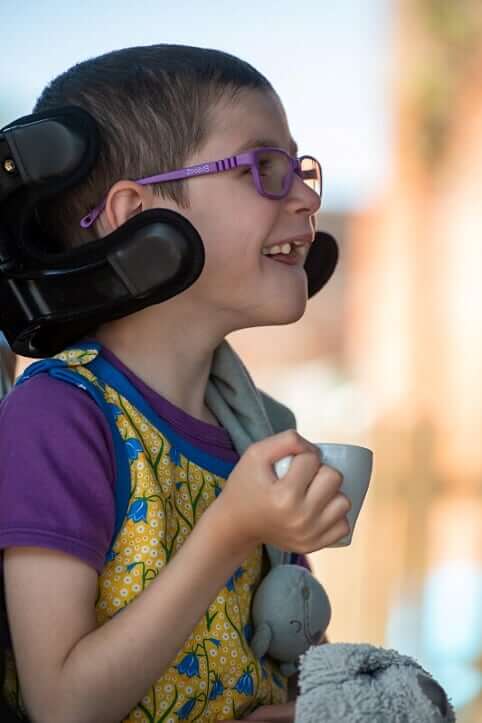
Complex Feeding Difficulties: Tips and Information for you to try at Home

What this webinar covers:
- 0:00 – 1:56: Introduction.
- 1:57 – 5:28: What are feeding difficulties? Looking at motor-based, sensory-based and respiratory-based difficulties.
- 5:29 – 8:37: Oro-Motor, Swallowing and Speech and Language.
- 8:38 – 13:22: Sensory Processing – How does it affect eating and drinking?
- 13:23 – 15:34: Fine motor and self-help skills.
- 15:35 – 19:24: Seating posture and positioning and how this affects eating.
- 19:25 – 23:13: Family routines and communication style.
- 23:14 – 27:22: Medical and nutritional factors.
- 27:23 – 29:50: Sleeping and toileting routines.
- 29:51 – 35:20: Social and emotional factors.
- 35:21 – 37:59: Conclusion and session takeaways.
Download a copy of this presentation here.

Natalie Morris
Natalie is CEO and Founder of The Feeding Trust, a not-for-profit social enterprise for children with complex feeding difficulties. She is a qualified Speech and Language Therapist (SLT) who specialises in neuro-developmental disabilities and feeding difficulties. Natalie runs a multi-disciplinary feeding clinic in the Midlands with a team of specialist feeding therapists from Occupational Therapy, SLT, Psychology and Nutritional & Dietetics. Contact Natalie: natalie@feedingtrust.org 0121 289 3204
Other Helpful Resources
Explore Our Online Resources Hub
We have other resources for children with:
Thank you for visiting Gympanzees’ website. All information provided by Gympanzees is of general nature and for educational / entertainment purposes. It is up to you as the parent or family member to judge what is appropriate and safe for your child. No information provided by Gympanzees should replace any professional information and advice that you have been given and speak to your therapist or doctor if you are unsure of anything. Should you use any of the information provided by Gympanzees, you do so at your own risk and hold Gympanzees harmless from any and all losses, liabilities, injuries or damages resulting from any and all claims.








